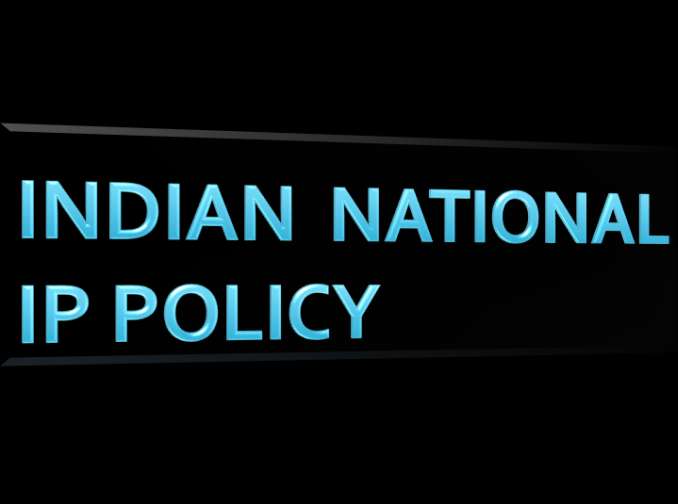The Economic Times reported that the National IP Policy of India will be unveiled in the next two months. The news daily was quoting DIPP Secretary, Mr. Amitabh Kant, who said “India in the next two months will be coming out with a completely new and one of the finest IPR policies in the world.”
The Draft National IP Policy received mixed response, and was quoted by some scholars as nothing more than a hastily compiled document. Other experts have acclaimed it as a good starting point for a well defined IP policy for the country.
Talking about the IP Policy, Mr. Sanjeeth Hegde from BananaIP Counsels said, “The draft policy does not reflect the quality of Intellectual Property expertise in the country, and may not be taken as a benchmark for judging India’s IP progress. The draft surely sets the process of defining India’s stand on IP rolling, and all of us are looking forward to the final draft. We hope that the final draft is in tune with India’s IP capabilities, and stands up to Mr. Amitabh’s bold statement.”
Though the draft was very preliminary, the industry has high hopes and expectations from the policy. Many believe that the policy will have a direct, telling impact on IP and business strategy businesses in India.
Thoughts of some experts about the upcoming IP Policy:
“The National IPR Policy being framed by the Government of India along with the other initiatives of national significance such as “Make in India”, “Digital India” and “Smart Cities” is a very welcome and timely step. However, it needs to prioritize and also indicate timelines for the policy measures vis-à-vis such programmes rather than leaving the same open-ended. Let us hope that the Policy also fosters “Create in India” by strategically integrating IPR into our country’s innovation and commercialization process,” said Rajeev Shirvaikar, IP Head, Mahindra and Mahindra.
“India’s national IP policy must protect interests of Indian industries and also create confidence among foreign industries through fairness & transparency,” said Nilesh Puntambekar, IP Head (Asia-Pacific), Emerson.
“IP & its awareness is just catching up India. The order of the day in our country from the competition perspective is to follow the leader, in other words is to copy the leader in whatever fashion possible. This doesn’t auger well for creative and innovation organizations. Today, legal recourse in IP disputes is a along drawn process, and I hope the policy will address this issue. The IP policy must endeavor to promote healthy competition and prevent slavish copying.” -Mr. Madhavan, MD & CEO PEPS Industries.
“The IP Policy must provide a framework for a progress oriented IP regime which is also inclusive of all interest groups. Additionally, at the policy level it should allow better enforcement of rights, and business value creation,” said Sandeep, IP Counsel, Oracle.
“The IP Policy must lay down the framework for establishment of special tribunals for handling intellectual property cases. That will not only permit speedy dispute resolution, but will also bring specialized knowledge, which is the need of the hour,” said Anil Kompally, a reputed advocate, Sahasarara Legal.
The policy makers have numerous competing interests to consider. These range from promotion of innovation to safeguarding health and knowledge. Owing to the complexities involved in protecting conflicting interests, the policy may not be very lucid and straight forward. One in fact wonders if there is something called as ‘the finest policy in the world.’
A country’s policy elaborates its stand and approach to the specific subject addressed by it, and SiNApSE Team hopes that India comes up with a sensible IP Policy, which outlines India’s stand clearly rather than another vague statement. It is important for the policy to instill confidence and ownership in one and all. We hope it won’t be a disappointing one, like the draft.



